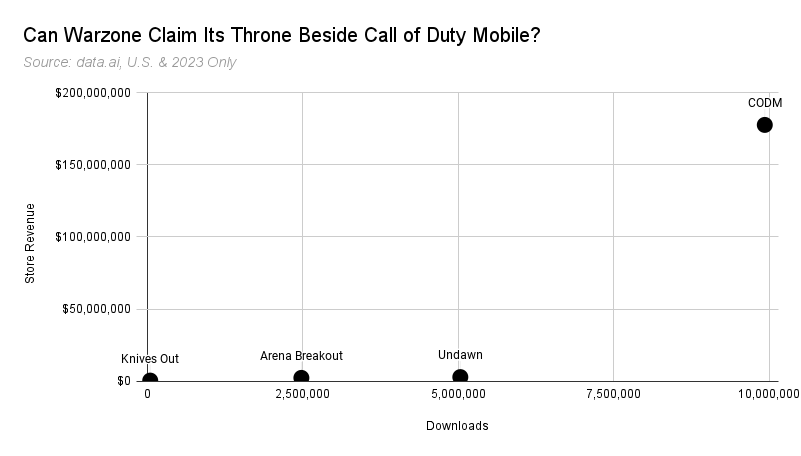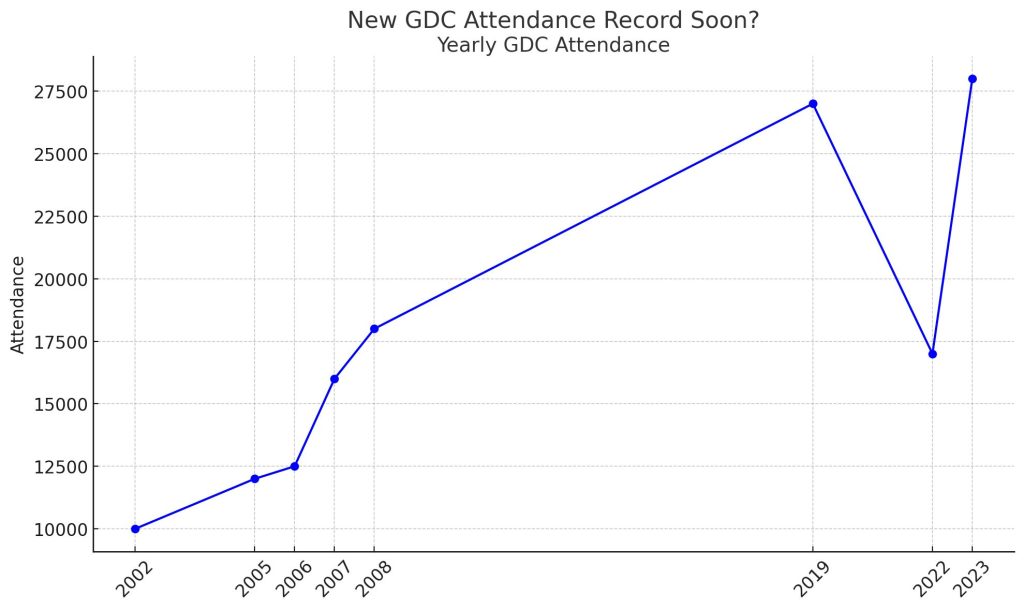Squad Busters: Supercell Hits the Apex or Spins Off-Track?
May 20, 2024
Thanks to Laura Taranto and Matthew Emery for the feedback and editing!
Verdict & Prospects
As it stands, Squad Busters is not a game players will remember forever. But it can be one.
Squad Busters demonstrates Supercell’s world-class ability to broaden the accessibility of midcore mechanics, in this case, roguelikes and MOBAs, while weaving an effective character progression consumable-based monetization model. Squad Busters promises to evolve into a stronger, more robust, structured sandbox than its seeming counterpart, Brawl Stars. Squad Busters is Supercell’s most accessible game yet and has the most sustainable revenue potential among their offerings, bar Clash of Clans.
It’s also a crowning achievement in Supercell’s IP building. Squad Busters’ characters draw from other Supercell IPs, with endless and tantalizing future potential tie-ins. Yet the art style, gameplay, and wholly original IP elements (that theme music!) manage to expand and enhance the IP it’s based on. Potential cannibalization between Brawl Stars and Squad Busters is overblown. We should expect a portfolio-high download volume.
However, a lackluster learning loop, muted character design, and two-in-round currencies hamper the ability of Squad Busters to transition players to elder gameplay depth. Long-term prospects remain the game’s biggest mystery, as the game was never soft-launched long enough to measure so much as a D30 retention rate. While these are fixable issues, the team must solve them “live,” which is much more difficult if the team headcount scales. Ultimately, Squad Busters needs more refinement time.
In the short run, and as the first game to go global under Supercell’s “Next Chapter,” it has a shot at helping Supercell achieve its highest annual revenue on record. That would be a welcome reprieve for a company that seems to be under mounting pressure from its owners, Tencent. However, solving Squad Buster’s core issues is paramount to avoiding the inconsistent performance of Clash Royale and Brawl Stars.
(more…)





